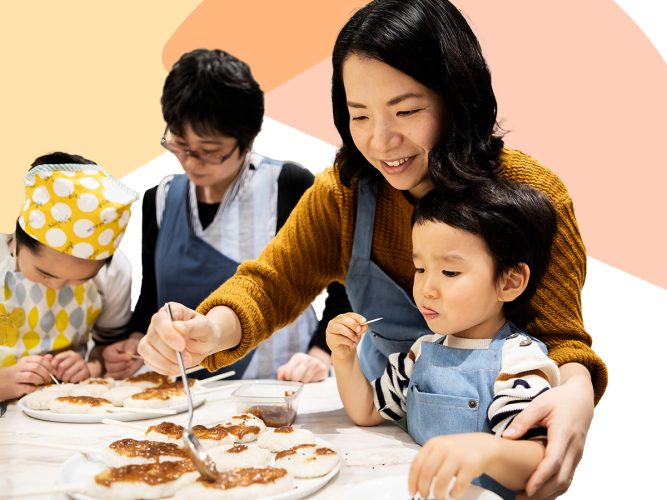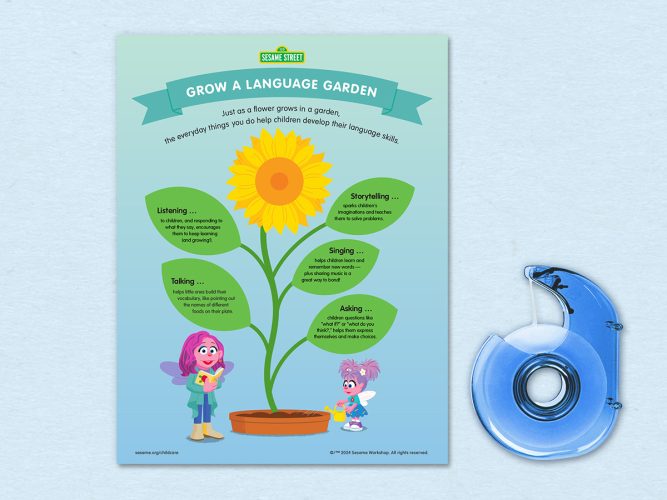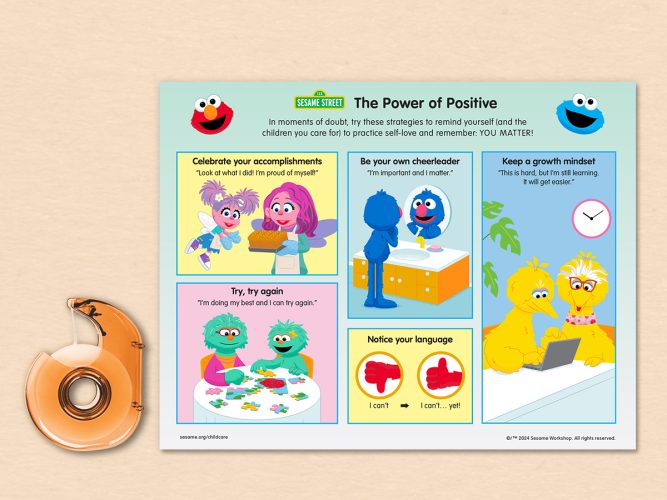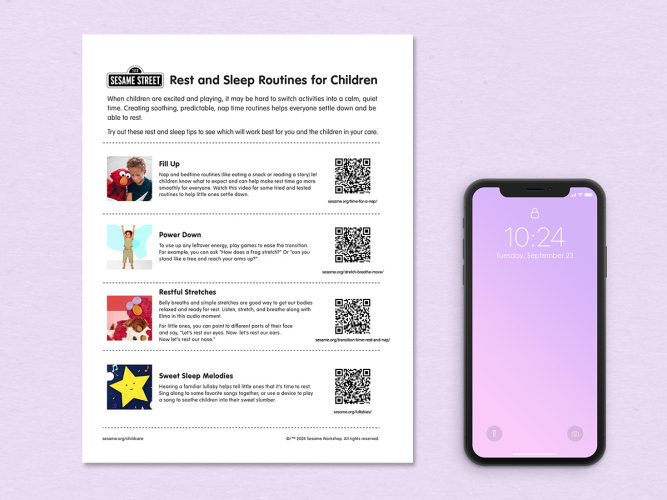
Dramatic Play
Dramatic play helps build creativity. Read about how to support kids in playing pretend.
It’s possible to play without any toys at all! Children usually begin dramatic or fantasy play around age two. They may pretend that a block building is their house, or that the kitchen is their restaurant. Dramatic play helps kids exercise their imaginations and work on their creativity. Role play (pretending to be a doctor, teacher, mom, dad, and so on) can also help kids learn about the purpose and jobs of people in their neighborhood and life.
As kids get a little older (ages four to six), they may begin to play pretend with their siblings or peers. Switching roles and coming up with stories together will help build language skills, as well as skills for sharing, taking turns, and cooperating.
Here are a few pretend scenes to play out:
- Camping. Make a “tent” using a blanket and chairs, and say, “Let’s pretend to roast marshmallows!” Afterwards, you might pretend you’re getting into sleeping bags in the tent.
- Outer Space. Take turns flying a space ship and walking on the moon. Ask kids to look out the window of their spaceship. Say, “What do you see in the sky?”
- Restaurant. Work on memory skills as you take each other’s orders, and brainstorm delicious creations to cook. Ask kids, “What ingredients do we need? What tools can we use to cook?” Pretend to use pots, pans, and kitchen tools to create a special meal together.
- Garden. Talk about the fruits and vegetables you want to plant. Then, pretend to dig up soil, sprinkle seeds, cover them, and water them. How tall do your plants grow?
- Bath time. Pretend to wash a doll or stuffed animal. Label the body parts you’re washing and then dry off and dress the doll. Ask kids what else they might do to take care of a baby, and act it out!

Cultural Connections through Family Engagement for Building Stronger Bonds

Mindful Caregivers
Practicing mindfulness is a great way to slow down and reset.

Tracking Child Development: A Caregiver’s Guide
Keeping track of milestones and going to routine screenings helps children stay healthy and thriving.

Growing a Language Garden: Everyday Language Development
A reminder of the simple things you do every day that nurture children’s language skills.

The Power of Positive
Gentle reminders for practicing self-kindness and compassion.

Routines to Help Children Rest and Sleep
Soothing, predictable, nap and bedtime routines can help children settle down for rest.

The Heart of Communities: Supporting and Celebrating Family, Friend, and Neighbor Caregivers
